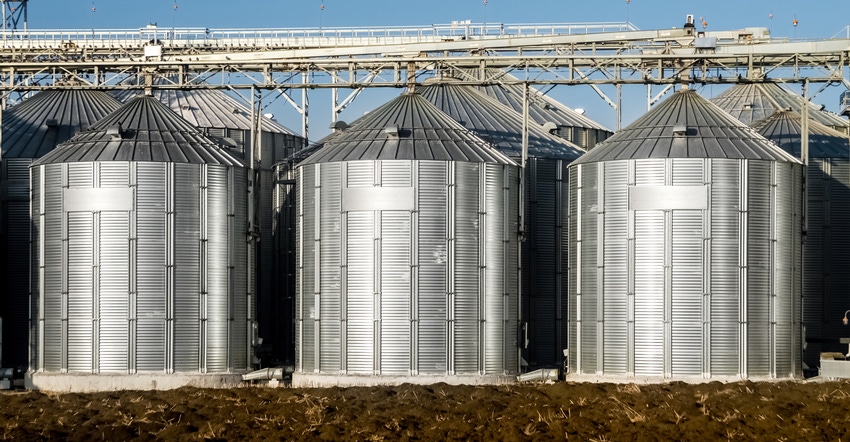
Almost everything on your farm likely has some type of power source — tractors, tools, your house, etc. Many producers are switching to propane to run their farm more efficiently, reliably and affordably. Over 800,000 U.S. farms use propane for their agriculture and heating operations.
Michael Newland, director of agriculture business development for the Propane Education and Research Council, says propane can benefit farmers farm-wide. “A big benefit of propane is that if there’s fuel in the tank, the engine is going to run,” he says.
“We always talk about controlling what happens on your farm and how big of an issue, and the benefit that it is for farmers to be able to control their own destiny and equipment,” he says, adding that propane is a reliable fuel source, with over 90% produced in the U.S.
Harvest flexibility
A top use of propane is in grain drying systems. “We have about 80% market share of the grain dryers in the country,” Newland says. “Grain dryers allow U.S. consumers to have protein products 12 months a year, so all kinds of food products that use grains can be made year-round. And the grain dryers allow us to do that.”
A propane-fueled grain dryer also allows for flexibility at harvesttime. “Today’s grain systems are incredibly modern and have computer control, which allows us to control the temperatures and dry grain effectively, and also protect the quality of that grain,” he explains. “Corn can be damaged if it goes through the grain dryer too hot, so these systems can give us the controls to handle that corn as delicately as we can and allow us to optimize the quality.”
With many fuel prices continuing to rise, Newland says that propane can be an economical choice for producers. “We’re at a big advantage price-wise. I think we have one of the widest spreads between gasoline, diesel and propane right now,” he says. “This is a great opportunity for producers to explore cleaner-burning technology at a lower price.”
Other applications
It’s not just propane-powered grain dryers and irrigation engines being used on the farm. “Something that’s used in the organic space the most is flame weed control,” Newland says.
For producers who aren’t using traditional herbicides, propane flame weeding is up to 90% effective against weeds. “This technology is used for organic and non-organic growers as an opportunity to get through herbicide-resistant weeds,” he says. “We expect the adoption of this technology to grow in 2023.”
For poultry producers, propane can be utilized to sanitize poultry houses to reduce the spread of animal diseases. “Many producers rely on propane heating to maintain optimal temperatures and reduce emission for better air quality and healthier birds.
“But propane’s benefits don’t end there,” Newland says. “Propane-powered sanitizing and cleanup equipment has been shown to lower flock mortality, boost growth rates and improve overall animal health.”
Propane can also power standby generator systems. Independent of the electric grid, a propane standby generator delivers energy to essential equipment like grain dryers, building heaters or water heaters, even when the electric grid is out..
Learn more about how propane can be utilized on your farm, check out propane.com.
About the Author(s)
You May Also Like






